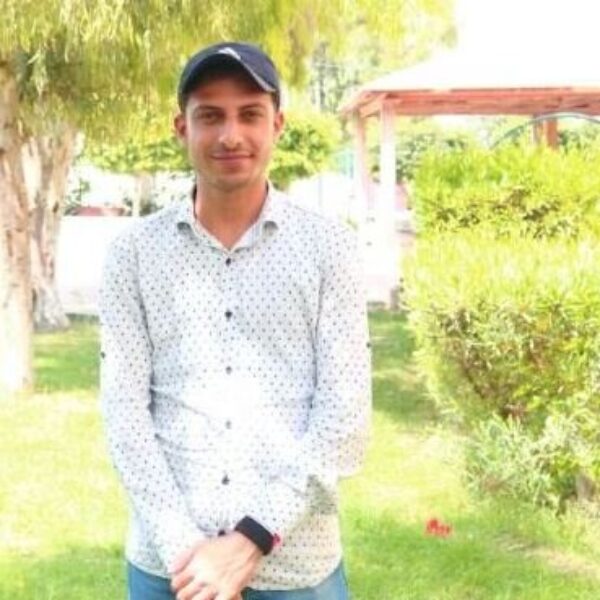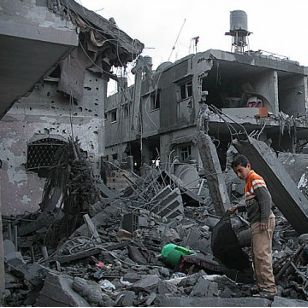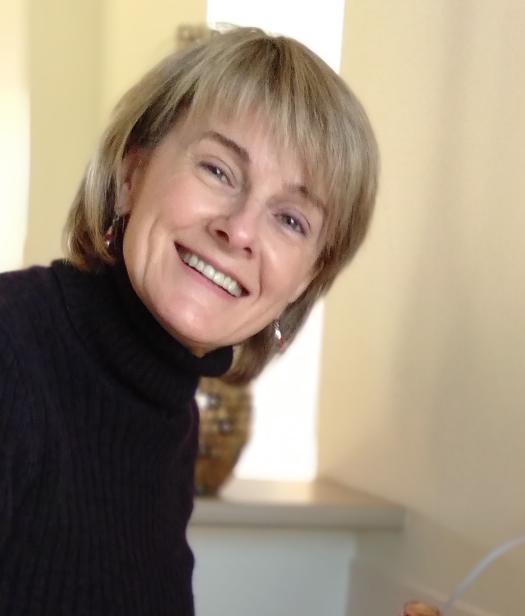The first Israeli prime minister of occupied Palestine, David Ben-Gurion, once said, "The old will die and the young will forget." Maybe he was right about the first part, but he was completely wrong on the last. Like most Palestinian youths, I have survived three bloody wars, each unforgettable, haunting my mind and soul to this very day. Healing takes time but forgetting is out of the question.
The first war was the most terrifying, launching with a massacre of more than 500 people in the first few hours. It started on December 27, 2008, and lasted for 22 days. Israelis called it Operation Cast Lead, which gives you a sense of how atrocious they intended it to be. I was 12 years old.
The first day of a war is usually the most shocking. It was 11:30 a.m. on a Saturday in Jabalya camp, where I live. I was on my way to school with my cousins and my younger brother, Mohammed. Suddenly, the glass doors of the nearby supermarket shattered. I did not have time to process what was happening, because the explosions continued nonstop from all directions. The screaming resounded through the street, with everyone panicking and scattering to find shelter. I saw a terrified horse galloping blindly, uncomprehending of the situation. The blue of the sky filled suddenly with masses of black, billowing smoke. I felt every loud bang pound against my chest and head, shaking my whole body.
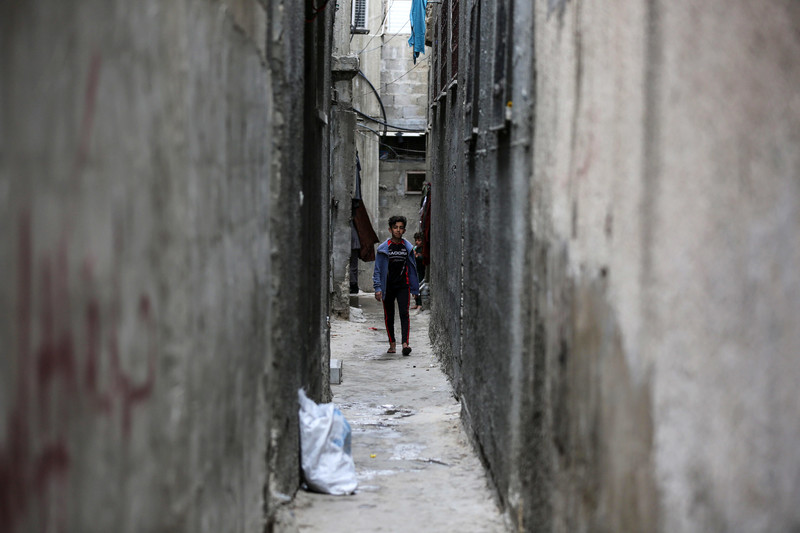
Throughout that sequence of events, I could not find any sign of my cousins or my brother, who had been next to me before the explosions began. Everyone was running for his life. Upon noticing my brother’s absence, I started searching for him in Jabalia, known for its narrow alleys and old asbestos houses. I hoed he had found a shorter and, maybe, safer path to our home. An old lady acted as if all the fleeing children were her own: She forced me to take refuge inside her house instead of looking for my brother. She reassured me, “Inshallah (God willing), he is somewhere safe right now.”
When the bombing stopped, I went home. My grandmother was standing in front of our house, counting her grandchildren as they came back and ensuring the safety of each one. She was also saying prayers for all of the other students. She converted the stairwell of our house into a shelter for those who were too tired to keep going toward their own homes.
When my grandmother saw me, she hugged me, bringing comfort to my wildly pounding heart, as though she were my salvation. Yet I from broke her warmth, inquiring, “Is Mohammed back? Is he safe?” His voice interrupted me saying, “You are a coward; I saw you frightened in the street, while I was coming home with confidence.” I giggled and replied, “You are such a jerk.” When he smiled, I realized that he was worth all of my stressful ordeal. We spent the rest of the day telling our side of the story and thanking God we were unharmed.
Here in Jabalia, we are challenged by low employment and poor health services, but we remain strong together, even when war comes to us. And it did. Soon after that first attack, Israel officially declared war on the Gaza Strip.
Just over two weeks later, we once again anticipated death. At 8 p.m., on January 14, 2009, the Israeli army called our neighbors and shamelessly told them to leave their house because they were going to bomb it. My relatives and I gathered in our apartment, waiting for the F-16 to do its job. Women and children crammed into our three-room apartment, with mattresses placed in rows to accommodate everyone. We were all huddling in the same place, which did not make much sense to me; we could all have been killed at one time. But that is the thing about war: Nothing makes sense. They had declared war to bring peace to the region, eventually killing 1,383 Palestinians, including 333 children and 114 women.
That night my father reassured us that there were three walls between us and the targeted building, so we were safe. However, my youngest uncle, as is his way, joked that we were not. “We should say goodbye to each other. We can meet later in heaven.” A giggle spread throughout the room, lifting our mood and helping us forget our misery for a few minutes.
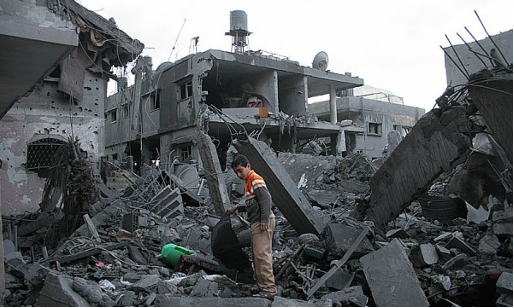
I started thinking about our other neighbors, the Rayyan family, whose three-story house had been targeted and demolished just a week before, murdering 11 children, four women and a man. They were sitting peacefully on the roof of their home. The Israeli drones could see them. While the world was celebrating New Year’s Eve, the medical staff and the people of the neighborhood searched the rubble, trying to find the bodies of the Rayyans.
To this very day, the sound of those missiles haunts me. We were full of fear, waiting for the night to end. In the morning, our neighbors told us the danger had passed. The call from the Israeli army officer was meant for someone else’s house, a relative of theirs, whose house had already been destroyed two hours earlier. I was not sure how to feel about this news. My neighbors and our family were alive by chance, but many families were not.
I remember the day when the war was finally over and we returned to school. The teacher asked, “Who lost one of his relatives or had his house partially or completely destroyed?” All raised their hands. This was our solidarity. A fragile war of resistance against a brutal occupying power is always devastating, and children pay the cost. They never forget.

